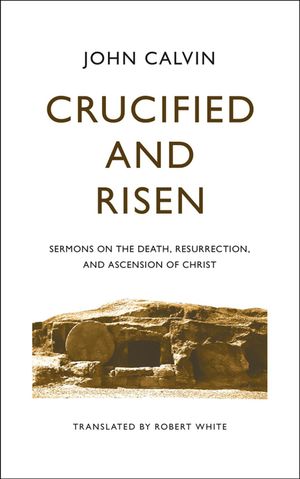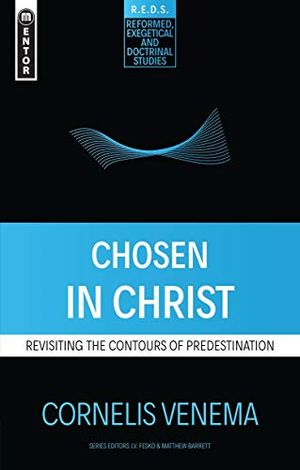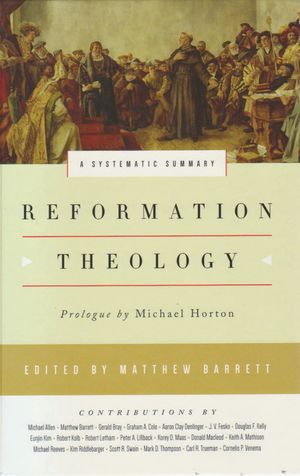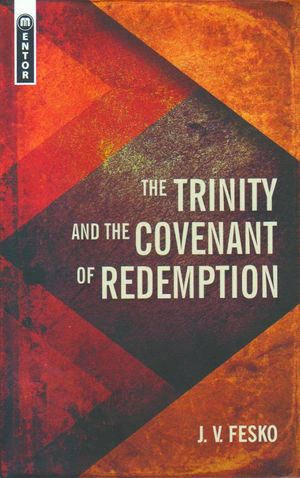Paul Wells, of the Faculty of Reformed Theology, Aix-en-Provence, asks, What will become of Evangelicals? Does David Wells have the answer?
In February I had the pleasure of taking part in a debate at Westminster Theological Seminary, Philadelphia, with David Wells who, by the way, is no relation. The topic under discussion was the prospect for Evangelicals in the USA and particularly for the megachurches. This might not seem to concern us directly in Europe, but (as they say) when flu strikes in North America, it crosses the Atlantic as pneumonia!
David Wells is professor at Gordon-Conwell Theological Seminary near Boston and a genial person. An ordained Congregational minister, he has written a whole series of books in which he follows Francis Schaeffer’s line in critiquing Evangelicalism.
His latest book is a monumental, if pessimistic, work of scholarship – Above all earthly powers; Christ in a postmodern culture (Leicester, IVP, 2005). So what does he have to say about the future of Evangelicals and their problems?
Modern culture
To start with, he considers it a mistake to blame our present godless cultural climate on the influence of philosophers and flagship thinkers. On the contrary, it is the rise of modern society itself, with its particular structures, that has reinforced the man-centred way of thinking that excludes God. It is social experience that makes a given way of thinking plausible.
The problem of meaninglessness impacts us not primarily via philosophy but through the modern way of life. It is modern culture that fosters a feeling of the absence of God, drives secular views of human nature, and cultivates the illusion that ‘I’ am all that matters.
Moreover, capitalism, lying at the heart of liberal economies, fosters a self-centred way of life that focuses on consumerism – with its promise of instant gratification through the latest gadgets and fashions. This is the seedbed from which grow rootless nihilistic lives, devoid of goal or meaning.
In this spiritual wasteland, new spiritualities flourish -a ‘shadow culture’ that blends into its postmodern cultural setting and bears a strange resemblance to the Gnosticism that plagued the early church.
Modern Evangelicalism
Modern Evangelicalism with its accent on experience and emotion fits hand in glove with the new spiritual climate. Its product is tailored to make it attractive to an audience of consumers, who want something that makes them feel good right now.
Evangelicalism, says Wells, is sailing very close to the wind when it forgets its biblical roots, lightens up on doctrinal content and concentrates on marketing a product that satisfies the impulse buyer.
The megachurches have gone a long way down this road. The new ‘light’ evangelical spirituality is in sync with the Disney-world culture. A trip to Disneyland lifts you out of the humdrum of everyday life and into a new but completely artificial environment – one where clean fun, security and continual enjoyment make you cry ‘wow’ to every new thrill.
In the same way, the megachurches create cocoons where people can escape from reality and have a good time. Their leaders are Disney-like icons who strut and parade – and like Mickey will lead you by the hand if you want.
Megachurches have gone ‘drive-in’ like the shopping malls. They provide every kind of service that bourgeois consumers could wish for, from hairdressing and franchised restaurants to discos with Christian soft rock (and perhaps a little worship thrown in to keep the ship on course).
You can spend your whole life in these cultural ‘paradise islands’ far away from the miseries and ‘inner-city ghettos’ of real existence.
Modern liberalism?
Adaptation is the name of the game for consumerist Evangelicalism but it has a danger – the unwitting danger of phasing itself out in the search for relevancy! It has little place for hard truth, obedience and sacrifice – for swimming against the trends of the world. What benefit is it, however, for the church to gain the consumerist world but to lose its soul in the process?
David Wells draws a chilling parallel between the old liberalism of the last century and the new Evangelicalism. Liberalism was bent on adaptation to the time. It sought to achieve intellectual credibility and make the gospel acceptable to its ‘cultured despisers’.
But it shot itself in the foot because its ‘gospel’ became indistinguishable from any other well-meaning humanism. Will Evangelicalism do the same – by trivialising truth and dumbing down the challenge of living in a Christian way in an amoral world?
The most important facet of David Wells’ work is that he exposes the undercurrent dragging Evangelicalism away from its moorings and underlines the need of the hour – namely, to make central the uniqueness of Christ, the cross and revelation, instead of offering superficial solutions that are simply faddish.
All too often churches today become obsessed by the latest buzz, whereas the need is for ‘strategy not tactics’.
Responding to modernity
If we accept Wells’ analysis of the situation and the dangers of consumer-centred Evangelicalism, we are faced with an important question which he has not yet answered: ‘What should a gospel church look like today?’
If we accept the need for a new strategy, what is the goal? Would it just be to make the megachurches a little more doctrinally conscious, or would the ideal be another kind of Christianity altogether?
How could this be introduced in such a way as to avoid isolationism and sectarianism – and without producing a church that pulls out of the world and waits in a corner for the second coming of Christ?
‘Christian Europe’ or ‘America’ is a thing of the past. But since the cultures of modernity and postmodernity have feet of clay and will no doubt pass, perhaps our best response to these movements is to devote less energy to contesting them. Instead, in the church, we must replace them with biblical answers and attitudes, showing how being a Christian today really makes life different from the spirit of the age.
As Paul exhorts, ‘Present your bodies a living sacrifice, holy and acceptable to God, which is your reasonable service. And do not be conformed to this world, but be transformed by the renewing of your mind, that you may prove what is that good and acceptable and perfect will of God’ (Romans 12:1-2).



















